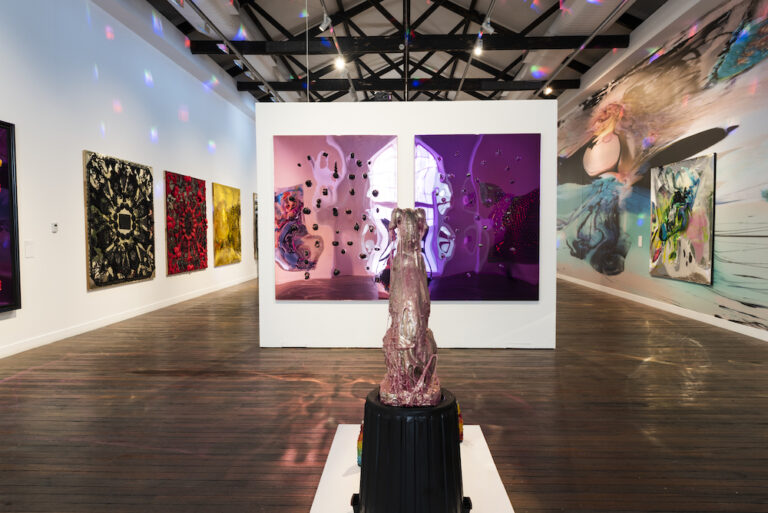
Council rejects overdevelopment at George Street

By Chris Sutton
Leichhardt Council and the Joint Regional Planning Panel (JRPP) have rejected a proposal to redevelop 22 George Street in West Leichhardt.
The decision was made by the JRPP during a meeting at Town Hall on October 23 as the panel turned down a massive residential development of the former Kolotex site.
The industrial site has been through various rezoning applications since 2006, involving state government and local council.
The Greenland Holdings Group, an international property developer, lodged an application to construct 288 residential units, 2 commercial tenancies and 272 underground car parks.
Mayor of Leichhardt Rochelle Porteous told City Hub high contamination levels, lack of employment opportunities and increased traffic conditions were reasons behind the rejection.
“The most significant (reason) was obviously the contamination. But there were a number of other issues that were also raised by the JRPP. Particularly important was the issue about the transition of scale of the buildings to the surrounding area in terms of the privacy issues that weren’t addressed.”
A spokesperson for the JRPP informed City Hub that the Leichhardt Council’s assessment report outlined reasoning for the refusal and was utilised by the panel.
The statement outlined four reasons of refusal: the possibility of high-level contamination, the lack of adequate sunshine, suitability for residential use and the aforementioned scale.
“Greenland has not appealed the panel’s decision,” the spokesperson said.
Greenland’s vision for the site on George Street was “to create a high quality, contemporary and landscaped residential community that addresses the amenity of the surrounding community”.
“The design has been carefully considered to improve the outcomes for existing and incoming residents in a range of areas,” read the website.
Greenland stated that a full traffic study had been undertaken along with community and council consultation during the planning process.
Cr Porteous believes the failure to achieve projected employment figures was a major issue in plans. The rezoning indicated approximately 125 direct and 238 indirect jobs would be generated, but the refused proposal would have “created 8 jobs at most” according to Cr Porteous. Finding work for residents was the basis for rezoning the site, as well as providing housing as part of the council’s strategy.
“There needs to be retention of employment generating lands in the site. In no way was it being realised by the current development application.”
“It is more profitable to convert into residential, but it is a very poor outcome at the end of the day for sustainability of the local area.”
Save Our Suburbs (SOS) Leichhardt is campaigning against overdevelopment.
“Whilst we support the notion of sensible development, we’re rallying the community of Leichhardt as we’re concerned about many aspects of the Kolotex-Labelcraft development proposal on George Street,” a spokesperson said.
“If approved, the Kolotex-Labelcraft development will be the first 8 storey block to go up in Leichhardt. The highest we have now is only 2 storeys. Then imagine what’s next.”
Cr Porteous is clear when discussing the needs of Leichhardt.
“We want to see more housing in the area, but we want to see that housing being primarily affordable. That is the sort of housing we actually need, not top of the range apartments. We need to be retaining at least part of our employment lands and we’re losing them at a very fast rate. It is great concern I think.”









